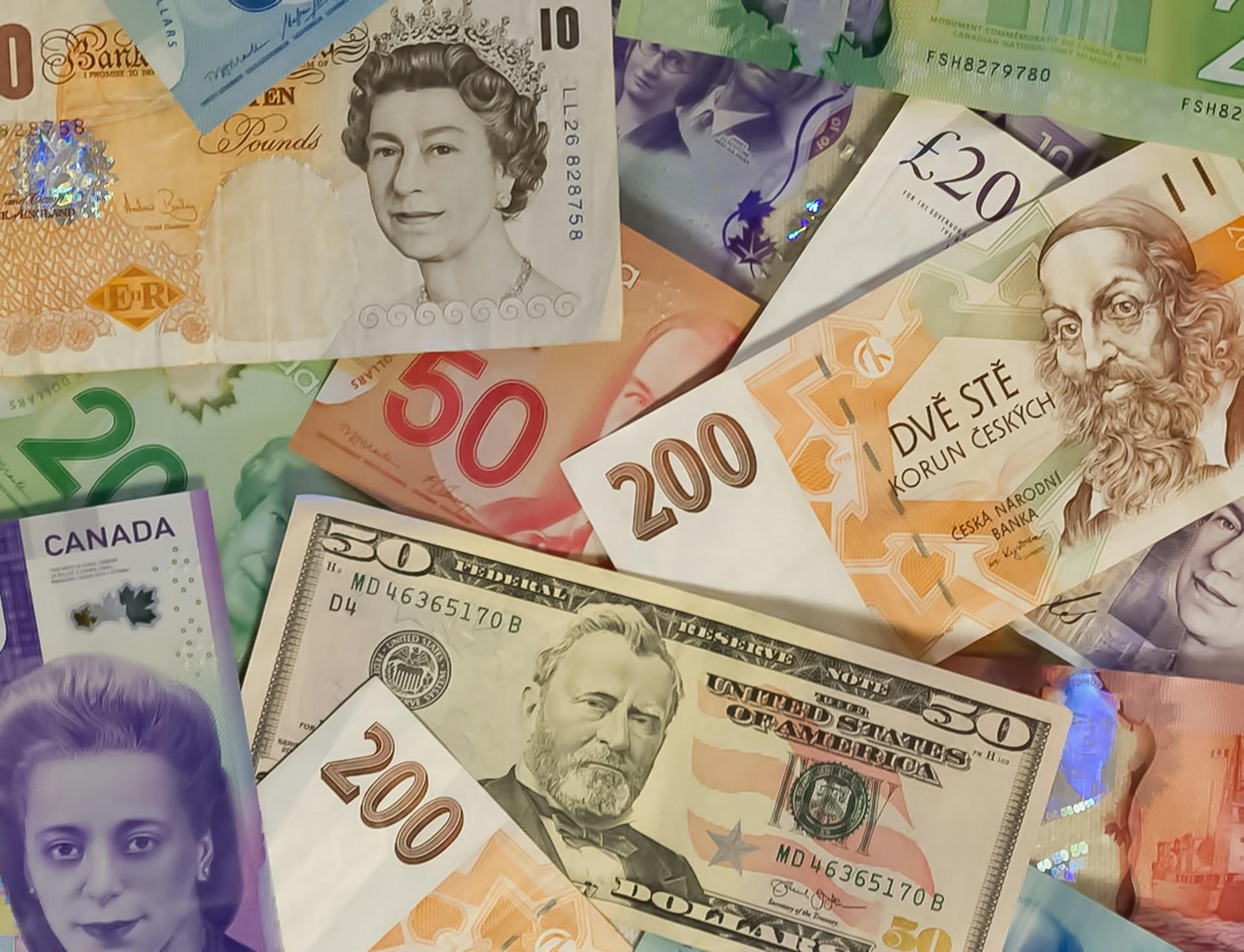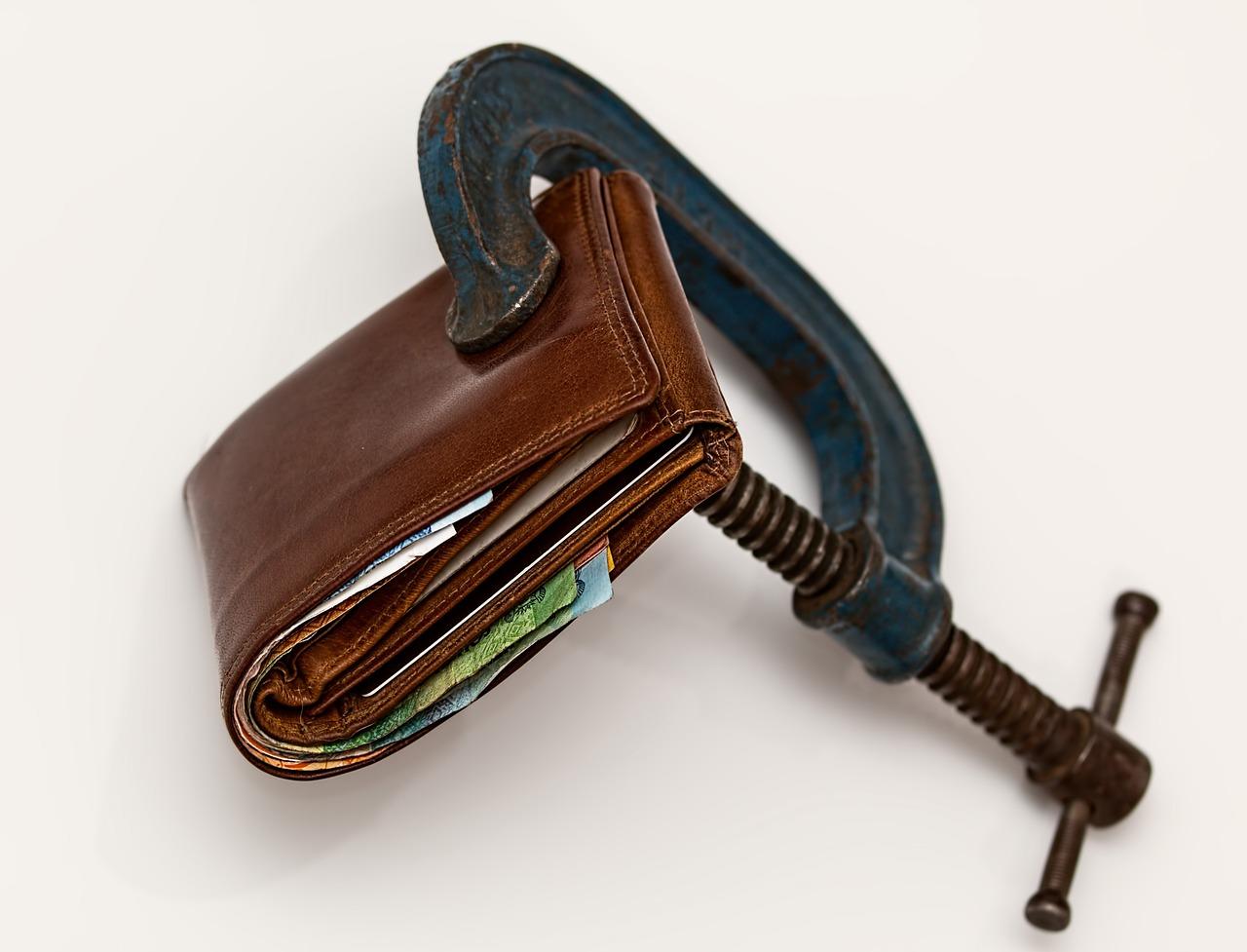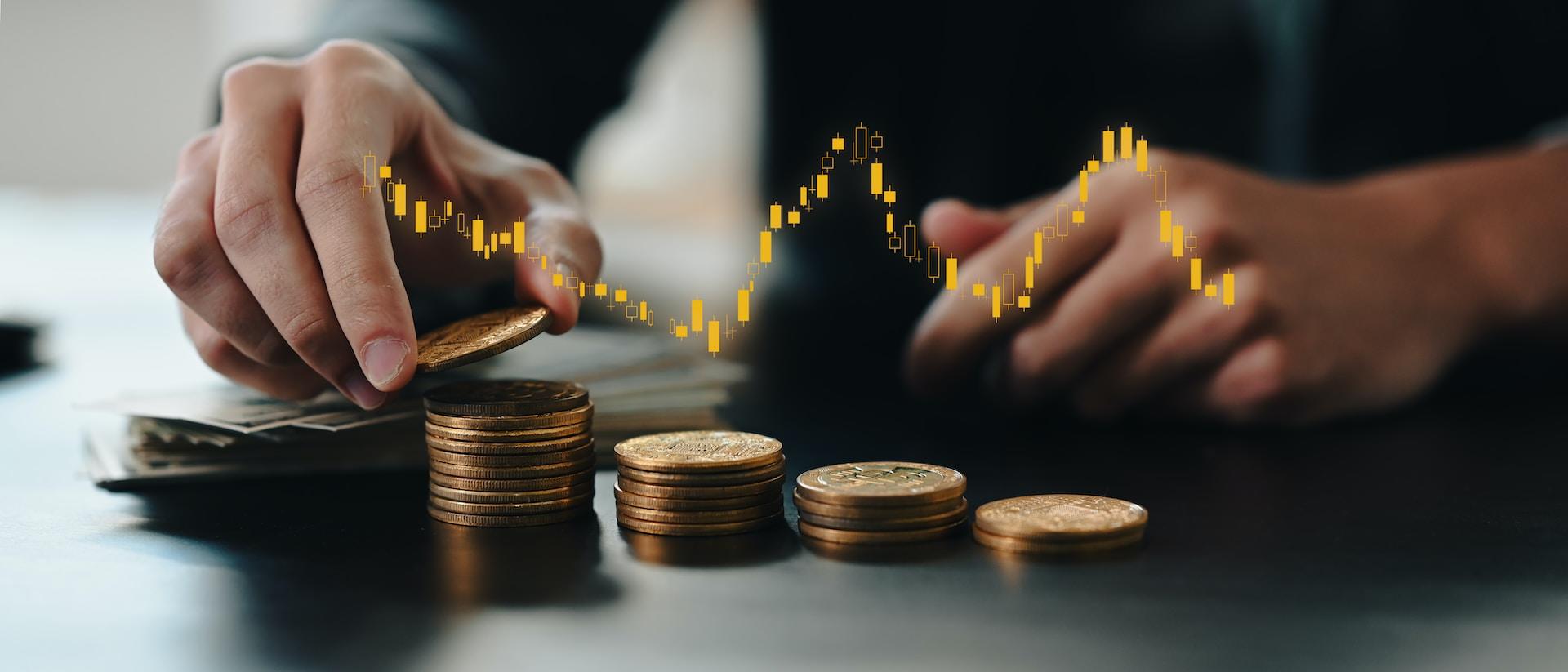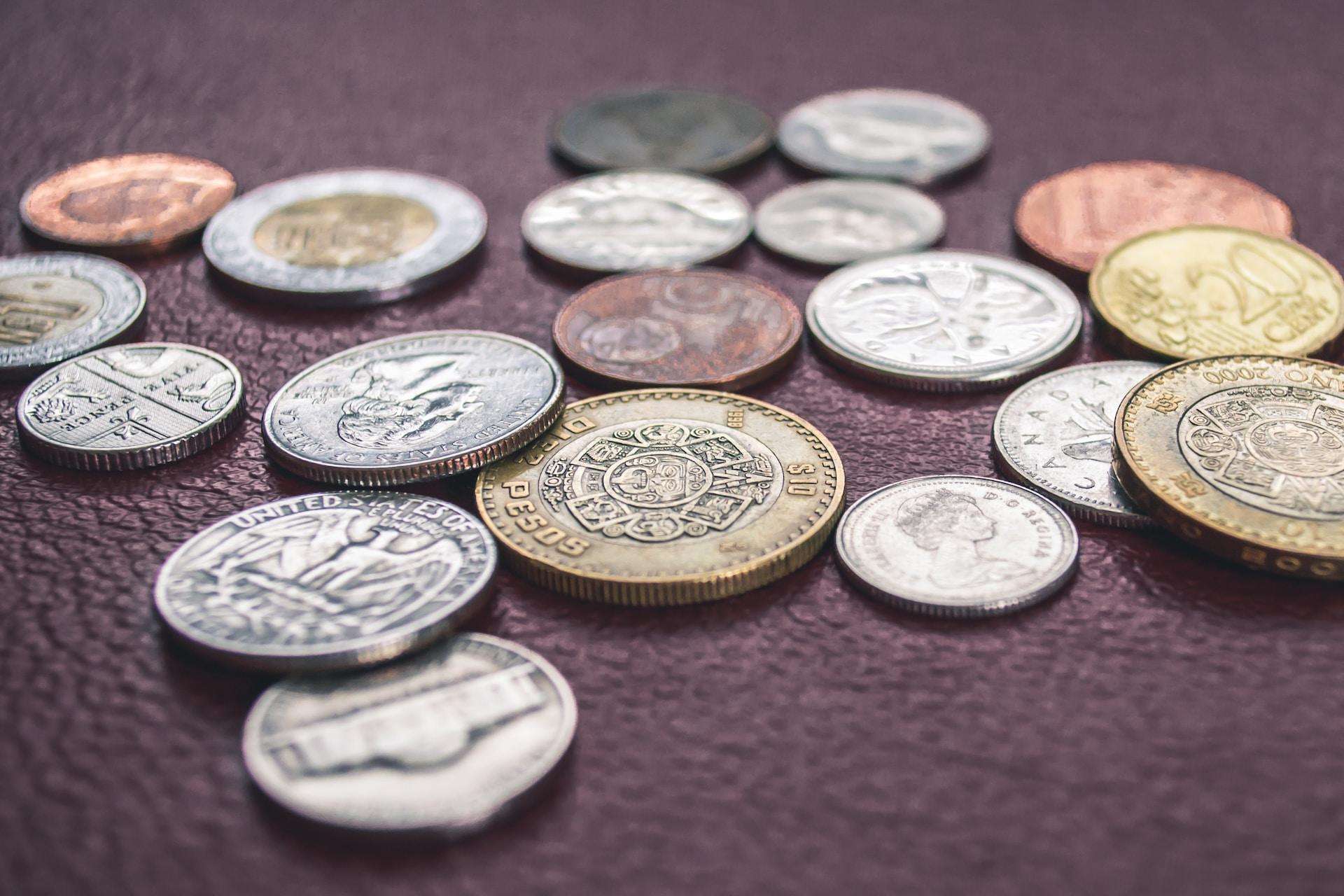Other than climate change and the Coronavirus pandemic - two very real existential threats we face today, the economy is the prevailing topic du jour. That's a rather odd juxtaposition when you consider that either of the first two coming to pass would make the point of economics moot. Let's all breathe a sigh of relief because we're not quite there yet.
And, perhaps, with a functioning economic system, we won't get there at all.
Our first step toward that goal is to figure out how to keep the local and global economies afloat. That's no mean feat, considering how many economic downturns we've suffered just in the last 20 years.
That's why we need the sharpest minds to theorize how we should turn the economy from where it's at, with its rising inequality and growing instability, and transform it into one that is sustainable and equitable for all.
As you're reading this, we contend you must have an interest in studying economics. Further, we believe you are possessed of just such a mind, and thank you for even contemplating taking on this Herculean task.
If you're going to do it, though, you have a lot of learning ahead of you. Indeed, even the words used to describe aspects of economics are a language apart; just consider these basic terms:
| Basic Economic Terms |
|---|
| Macroeconomics: focused on large-scale economic functions. |
| Microeconomics describes the economics habits of businesses and individuals |
| Gross Domestic Product: the value of goods and services produced in one country, usually calculated annually. |
| Gross National Product: GDP + the value of goods and services for which the people of that country own the means of production. |
| Capital goods: the equipment and facilities used to produce goods and/or services |
| Consumer, producer, government: the three main economic groups |
| market: the means that producers and consumers exchange money for goods and services. |
| Supply and demand: the amount of goods and services available versus the need/desire for them. |
| Inflation and deflation; stagflation: the degree of sustained price increases and decreases; a condition wherein prices rise even though the economy is stagnant. |
| Economic growth: the increase/availability of goods and services. |
Knowing the difference between macro- and microeconomics isn't enough to solve the perils of our current economic conditions. You're going to need a lot of formal education and, when you're done with that, you'll have to find your place in the economic landscape.
Let's see if your Superprof can help you with all of that.

GCSE Economics
Having logged barely over a decade on the planet and much of it spent unaware of the economy's significance - let alone its workings and functions, it seems a bit exigent to challenge teenagers with such a weighty subject as Economics, doesn't it?
Nevertheless, that's where your education in economics begins and, fortunately, your last Key Stage courses in Economics should prepare you well for your eventual exam. Should you need extra help, Superprof Economics tutors are waiting for your call.

What does this exam entail, exactly?
It is a two-paper ordeal, one that you'll have three hours to complete. Don't think of that generous time window as a gift; unless you're exceedingly well-versed in economic principles, you'll need every minute of it.
Multiple-choice questions will serve as warm-ups for both papers; each one starts off with 10 such questions. Fortunately, according to the Examiner's Report, most students get all of these right. You have read the AQA Economics Examiner's Report, right?
Once you're through selecting the correct answers for those questions, you'll move on to others that will test your ability to apply your economic knowledge.
Generally speaking, all GCSEs are designed not to test your memory so much as your ability to use what you learned in your studies but the Economics exams go one step further. Throughout your ordeal, you'll be tasked to project consequences of economic phenomena and then, justify your answers - often while reflecting on the economic principle(s) that steered your judgment.
In short, GCSE Economics is not a test to be trifled with. It's best to be as prepared as possible; you can do that by reading about your upcoming exam in-depth.
Economics A-Level
As you've surely earned high marks on your GCSE Economics, you'll want to build on that success by studying Economics in college and sitting the Economics A-Level.
Would it ease your mind to know that your GCSE Economics could be compared to testing you on the basics? And, now that you've proven yourself with your mastery of basic economic concepts, you're ready to understand specific aspects of economic theory?
In a nutshell, those are the main elements of your Economics A-Level.
You'll remember that your GCSE ordeal tested you on how markets work and how the economy works. Your next step in Economics development, your AS exam will test you on market failure and the operation of markets (Paper 1) and the national economy in a global context (Paper 2).
You hardly need anyone to point out that your AS exams elaborate on the topics you tested on the year before.
Your last year in college will cover a lot more ground where economic theory is concerned. You'll delve far deeper into economic concepts that, so far, you'd only touched on. Topics like fiscal policy and measuring macroeconomic performance; the distribution of income and wealth, and individuals' economic decision-making processes.
You'll have the same amount of time to complete the two AS exam papers that you did your GCSE papers but your A papers will clock in at four hours - two hours apiece. By that extra allotment of time, you can guess how much more intensive this exam must be.
It would be best to prepare yourself well for it; you should check out our complete Economics A-Level guide.

The Best Universities for Economics
It's hard to shed the image of thousands of A-Level candidates on results day, sitting in front of their computers and staring at the UCAS page with their fingers poised over the enter key, just waiting for the chance to cement their selections at the university of their choice.
I've had plenty of friends tell me of keeping that vigil...
It's not for nothing that such frenetic activity is par for the course. UK universities can be very selective so, if there's a degree programme you want at a particular university, it's best to be among the first applicants in line. That's true especially for the finest universities for Economics.
Most of these schools require a A*AA result on A-Levels; some may consider an AAB result provided that one of those As is in Maths. Still others expect a Triple-A result with a Maths GCSE mark of 7 or higher. If you've put in the work and earned the expected marks, you'll likely not be happy having to settle for your second or third choice of schools.
Why not reconsider that position?
The list of top UK universities with Economics programmes is fairly lengthy:
- the University of Oxford
- the University of Cambridge
- the London School of Economics
- the London School of Business
- the University of Manchester
- the University of Birmingham
- the University of Bristol
- the University of Nottingham
We could go on and on but you probably got the point.
The top three, Oxford, Cambridge and LSE are on everyone's radar because they're known the world over for their standards of academic excellence. However, other universities have plenty to offer, too.
Consider, for instance, that the University of Nottingham ranks among the top schools for graduate job placement and highest alumni salary a mere five years after graduation.
Wouldn't that statistic alone sell you on Nottingham being one of the best universities for Economics in the UK?

Economics Graduate Jobs
It's been a long haul but you finally did it. Barely into your teens, you decided on a challenging and rewarding career path, soaked up all the education needed to make it a viable choice for your future career and you may have even opted for your university's four-year programme so you could finish your university studies abroad.
It's time for all of that to pay off. You're about to find work in the field you worked so hard to earn your place in. What job do you want?
If you've long dreamed of running your own business and wanted to make the best out of these terrible pandemic conditions, you could freelance as an economic reporter, launch a podcast that covers current economic events or become a Superprof Economics tutor near me.
If you wanted to be an Economics teacher, you would have to get your teaching license; that means a bit more schooling. Are you ready for that?
Should you want a surer bet, you could become a certified public accountant and, at least at first, work out of your home. CPAs are in high demand these days, ironically enough, thanks in part to all those freelancers running up against the unusually complex tax codes.
Maybe you're looking for something a bit more exciting.
We'll leave aside the fact that forensic accounting is actually pretty exciting; who wouldn't want to chase financial criminals' misdeeds through their ledgers? But maybe you had in mind to become a stockbroker, instead. Market fluctuations are pretty exciting and brokers stand to earn handsomely, don't they?
What if you wanted to be the type of economist that works to solve some of the global economy's most pressing problems - failing markets and inflation? It's not out of the realm of possibility for you to intern with an academic economist; maybe later on, you could even take their place.
Finally, as a trained economist, you have loads of options in government service. To see a bit of the world while still putting your degree to work for you, you could become a Foreign Service Economic Officer stationed abroad. Such work entails negotiating with foreign governments over economic matters.
With your Economics degree in hand, your choice of careers is wide and varied. Why not check out other jobs for Economics graduates?
Summarise with AI:

























